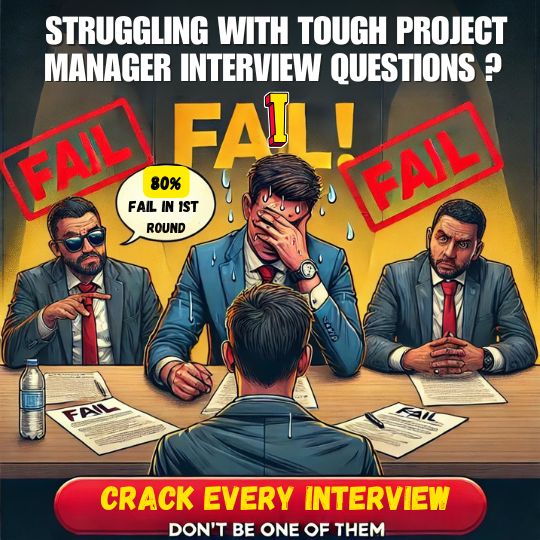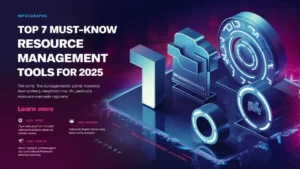How to answer Why you got fired in an Interview is a question every candidate wants to answer in the best possible way after getting a pink slip in his last company. Being asked about why you were terminated is among the most challenging interview questions to answer. It’s uncomfortable to talk about losing your job under any circumstances, and it’s even harder when you’re trying to explain it to someone you are hoping will hire you.
In today’s struggling economy, your company may decide to terminate you because of a merger, or due to cost cuts. Both these situations are beyond your control and have little to do with your job performance. Recruiters are aware of the current job market horrors, and will rarely hold a layoff against you. In fact, many of your interviewers probably have found themselves in the same position.
Although you don’t need to volunteer that you’ve been fired, you definitely don’t want to lie about it either or look as if you are evading the topic. Invariably the question of “Why did you leave your the previous job?” will come up in an interview. Be direct and honest while trying to spin it in your favor as much as possible. If you’re on good terms with your former employer, make sure that you’re on the same page regarding why you were terminated.
There is no need to give a lengthy explanation or too many details about what happened. It’s better to state the reason, than try to move the conversation forward to another topic.
Profile Review & Recommendation
Expert-Driven Profile Review &
Recommendations

Let our expert look into your CV, Cover Letter, Naukri & LinkedIn Profile to turn your profile into the top 1% of professional profiles.
INR 1,999
- Naukri Profile Review & Recommendations
- Resume Review and Expert Recommendations
- LinkedIn Profile Review & Recommendations
- Cover Letter Templates Download
- Latest Resume Templates Download
- Personalized, tailored feedback
- ETA: 3- 5 Days
Self-Service Profile
Optimization

Access expert-curated guidelines, sample reviewed files, & step-by-step instructions to optimize your CV, Cover Letter, Naukri & LinkedIn Profile.
INR 499
- Guidelines for Profile Optimization (Resume, Naukri, and LinkedIn)
- Access to Sample Reviewed Files for inspiration
- Step-by-Step Instructions to reframe your profile
- Cover Letter Templates Download
- Latest Resume Templates Download
- Immediate access to the files
Remember too, that being dishonest during the application process can result in not getting a job offer, having it withdrawn, or being fired should your deception be discovered.
Whatever you say, however, try to keep it short and move on to the next subject. A long, excruciating explanation will focus your interviewer’s attention on a subject you don’t want to emphasize. If you’re struggling to find the right way to explain a firing.
Although it might feel that way sometimes, an interview is not an interrogation. It’s in your best interest to provide a satisfactory excuse for why you were terminated, but you’re under no obligation to provide a detailed explanation of what happened. Try to offer a concise, but brief account of the past and then quickly move into what you learned from the experience and how it makes you a stronger and wiser employee.
Focus on the positive things that you learned and contributed while working there. And try not to sound bitter.
When confronted about it, be straightforward. Being defensive only makes you seem guiltier. Explain what you learned from the experience and why the employer can be confident that you’re not going to repeat your misconduct.
Practice in advance what you’ll say. Then keep it brief, keep it honest and keep it moving.” That way, you’ll get past the sticky issue of getting fired and can move on to your skills and why you’re qualified for the job.







